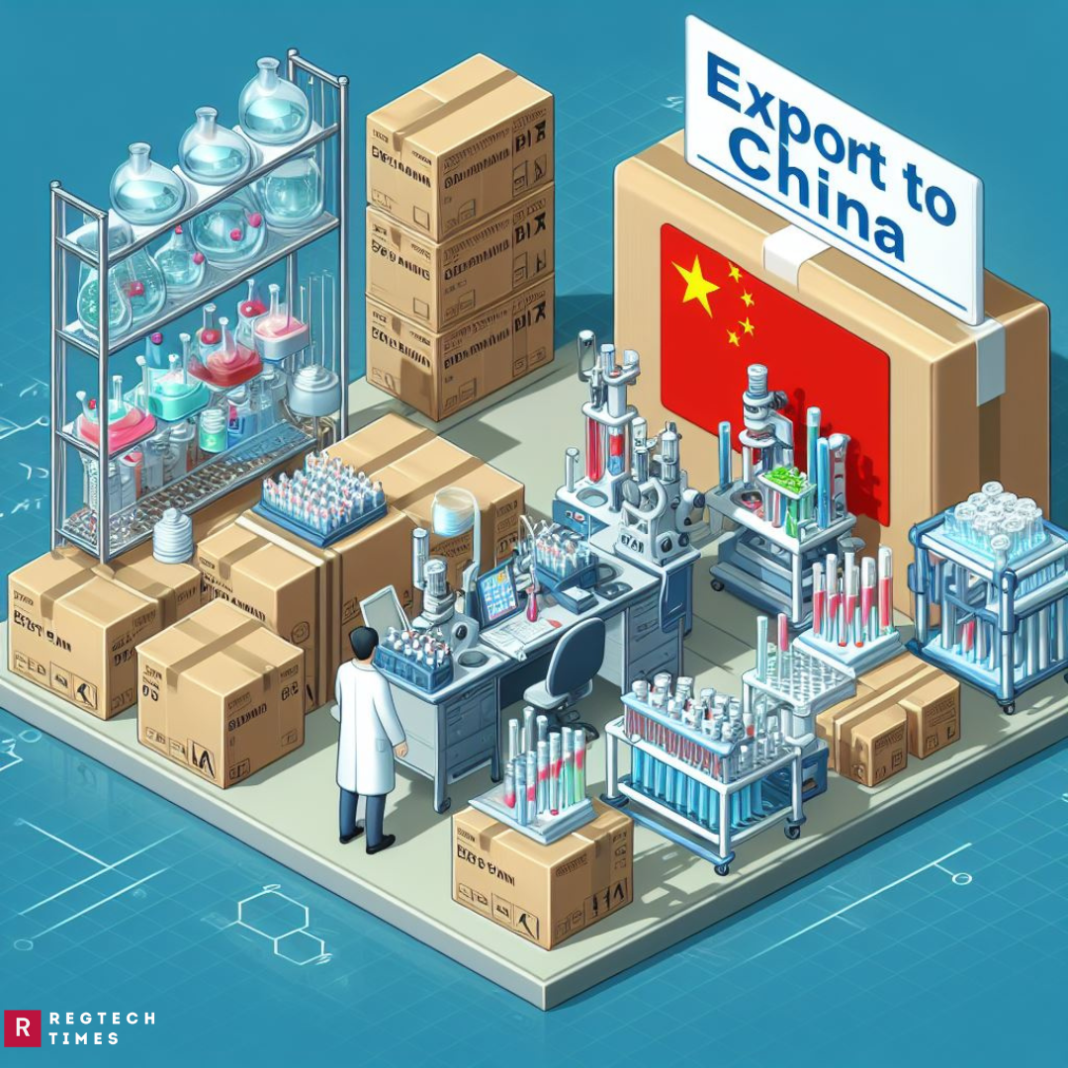In a significant development announced by the Justice Department today, Pen Yu, also known as Ben Yu, 51, of Gibsonton, Florida, and Gregory Muñoz, 45, of Minneola, Florida, have each admitted guilt to one charge of conspiracy to commit wire fraud. Their guilty pleas come as a result of their involvement in a scheme to fraudulently procure deeply discounted biochemical products from Massachusetts-based Sigma-Aldrich Inc., doing business as MilliporeSigma, and export them with forged export documentation to China.
Scheme Details and Modus Operandi of Ben Yu
According to court documents, the fraudulent activities began in at least July 2016 and continued through May 2023. Yu, with the assistance of Muñoz, who was a salesperson at MilliporeSigma, falsely claimed an affiliation with a biology research lab at a large Florida university. This fabricated affiliation allowed Yu to secure over $4.9 million worth of discounts and other benefits, including free overnight shipping, from MilliporeSigma. These benefits were not available to the general public.
Yu provided Muñoz with thousands of dollars in gift cards for his role in facilitating these fraudulent orders. After the goods reached the university stockroom, one of the stockroom staff members directed them to Yu.
Yu then repackaged the products and shipped them to China, falsifying export documents to misrepresent the value and contents of the shipments.
MilliporeSigma’s Role and Cooperation
The Justice Department also announced its decision not to prosecute MilliporeSigma, citing the company’s proactive and exceptional cooperation. The National Security Division (NSD) Enforcement Policy for Business Organizations and the Department’s Principles of Federal Prosecution of Business Organizations were followed in making this determination. This marks the first instance of the NSD declining to prosecute a company under this policy.
Deputy Attorney General Lisa Monaco highlighted the importance of MilliporeSigma’s voluntary self-disclosure. Monaco stated, “It’s in a company’s best interest to report any internal criminal activity it uncovers, rather than waiting for the Justice Department to find it.” She praised MilliporeSigma for its timely disclosure and cooperation, which led to the guilty pleas of Yu and Muñoz, preventing the company from facing prosecution despite the criminal actions of one of its employees.
Assistant Attorney General Matthew G. Olsen of the Justice Department’s National Security Division echoed these sentiments. He noted that MilliporeSigma’s prompt cooperation was crucial in identifying and prosecuting the individuals involved in the scheme. Olsen stated, “Today’s announcement highlights the importance for companies like MilliporeSigma to promptly self-disclose potential criminal activities. It also reaffirms our commitment to collaborating with the private sector to eliminate conduct that violates the law and threatens our national security.”
Impact on National Security and Legal Implications
U.S. Attorney Roger B. Handberg for the Middle District of Florida emphasized the serious implications of the case. Handberg stated, “When insiders at companies and universities betray the trust of their institutions, they will be held accountable” Handberg stated. He highlighted how MilliporeSigma’s disclosures led to the uncovering of the multimillion-dollar criminal enterprise and enabled law enforcement to stop further illegal exports to China. These actions resulted in the seizure of multiple illegal shipments and the conviction of the scheme’s primary perpetrators.
Assistant Secretary for Export Enforcement Matthew S. Axelrod added that the case serves as a warning to universities and research institutions about the potential misuse of their affiliations by external actors seeking to circumvent export controls.
Investigation and Prosecution
The investigation was conducted by the Defense Criminal Investigative Service, the Department of Commerce’s Bureau of Industry and Security, and Homeland Security Investigations. The prosecutor in this case is Assistant U.S. Attorney Daniel J. Marcet from the Middle District of Florida and Trial Attorney Garrett Coyle from the National Security Division’s Counterintelligence and Export Control Section.
This case underscores the critical role of corporate compliance and cooperation with federal authorities in addressing and mitigating criminal activities that pose a threat to national security. The successful prosecution of Yu and Muñoz and the decision not to prosecute MilliporeSigma highlight the benefits of transparency and prompt action when dealing with internal criminal conduct.



